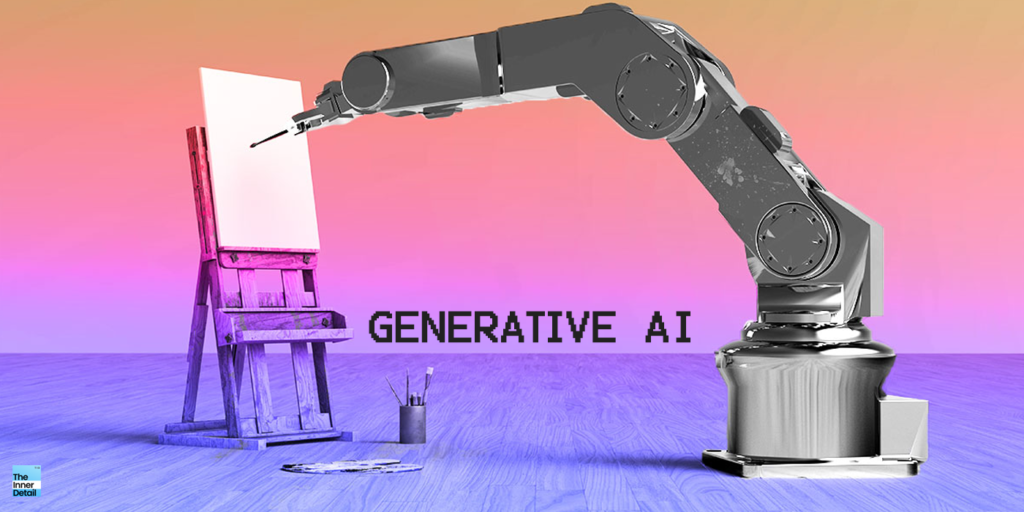Scientists from Denmark have made an AI model that’s well-versed in predicting people’s death time with more accuracy, after training it with vast data.
Artificial Intelligence tools are getting smarter day by day in interpreting and predicting the instances and latestly researchers tweaked it a bit to foresee the death time of individuals. Though sounds weird and astrological, the concept behind this seems simple and possible, as it was what the large language models have been doing so far – framing sentences.
Researchers from Denmark pioneered this accurate AI model for death-time estimation and they told that it could also have a positive impact in early prediction of social and health problems – but must be kept out of the hands of big business.
AI model for Death-time estimate
Sune Lehmann Jorgensen at Technical University of Denmark and his colleagues experimented this AI model by collecting a rich dataset from Denmark. The dataset covers information of 6 million people’s education, visits to doctors and hospitals, any resulting diagnoses, income and occupation from 2008 to 2020.
Researchers converted this dataset into words with which the large language model, the same tech which powers AI models like ChatGPT, is trained. LLMs basically frame sentences looking at a series of words and determining which word is statistically most likely to come next, based on vast amounts of examples.
Called Life2vec, the LLM works similarly, looking at a series of life events that form a person’s history and determine what is most likely to happen next. Trained on all last four years of the data, which was held back for testing,
Data of people aged 35 to 65, half of whom died between 2016 and 2020, were collected and fed on Life2vec to predict which who lived and who died. The AI model was 11% more accurate than existing models or the actuarial life tables used to price life insurance policies in the finance industry.
Life2vec could also predict the results of a personality test in a subset of the population more accurately than AI model trained specifically to do the job.
Ethical concerns
Jorgensen believes that the model has consumed enough data that it is likely to be able to shed light on a wide range of health and social topics. This means it could be used to predict health issues and catch them early, or by governments to reduce inequality. But he stresses that it could also be used by companies in a harmful way.
“Clearly, our model should not be used by an insurance company, because the whole idea of insurance is that, by sharing the lack of knowledge of who is going to be the unlucky person struck by some incident, or death, or losing your backpack, we can kind of share this burden,” says Jorgensen.
It’s spooky to know of the time of your death or the circumstances around it. It’s not everyone’s cup of tea. So, naturally, the researchers have raised some ethical and privacy concerns around this study.
Jorgensen also claims that these kinda AI models already exists in big companies where it make predictions about us with tonnes of data available.
The model is not public yet and the researchers plan to incorporate other types of information like text and images or information about social connections.
(For more such interesting informational, technology and innovation stuffs, keep reading The Inner Detail).
Kindly add ‘The Inner Detail’ to your Google News Feed by following us!







